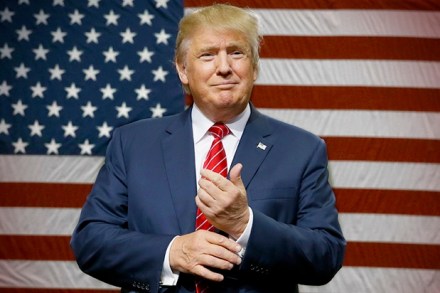Holding on
From ‘Restless politicians’, The Spectator, 12 August 1916: Even those journals which a few months ago were most zealous for a general election without delay now admit that there is no issue which could be presented to the country on which to take a vote… We have got to accept the continuance of the present government,













